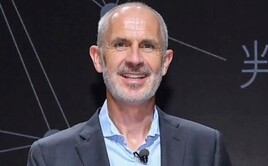 Volvo Cars reports that its gross profit margins on its electric cars increased fourfold during the second half of 2023, contributing to a record trading year for the company.
Volvo Cars reports that its gross profit margins on its electric cars increased fourfold during the second half of 2023, contributing to a record trading year for the company.
The improvement, to 13%, was versus the end of 2022 when high lithium prices heavily hampered EV profitability, but the company saw a clear uptick in the underlying profitability of these cars from the second half of 2023 as lower lithium prices and the effects of increased pricing materialised.
Volvo said while there is still a gap in gross margins on the EVs compared to some of its combustion engine (ICE) cars, this gap is closing.
 Volvo Cars reports that its gross profit margins on its electric cars increased fourfold during the second half of 2023, contributing to a record trading year for the company.
Volvo Cars reports that its gross profit margins on its electric cars increased fourfold during the second half of 2023, contributing to a record trading year for the company.
The improvement, to 13%, was versus the end of 2022 when high lithium prices heavily hampered EV profitability, but the company saw a clear uptick in the underlying profitability of these cars from the second half of 2023 as lower lithium prices and the effects of increased pricing materialised.
Volvo said while there is still a gap in gross margins on the EVs compared to some of its combustion engine (ICE) cars, this gap is closing.
The EX30, Volvo's new entry-level electric car, is set to deliver gross margins of 15-20% and takes the company closer to that goal. Volvo Cars also expects the upcoming EX90, which goes into production in Q2, and EM90, both large electric cars, to contribute to closing the gap between EV and ICE margins.
A new all-time sales record of 708,716 cars enabled revenues to rise by 21 per cent to SEK 399.3 billion for the full year 2023. The underlying operating profit of SEK 25.6 billion, excluding joint ventures and associates, represents an increase of 43 per cent compared to 2022. The operating margin excluding JVs and associates came in at 6.4 per cent, up from 5.4 per cent in 2022.
The EV share of Volvo's car sales rose from 11% to 16%. Chief executive Jim Rowan (pictured) said the ramp up is exciting for the company and its dealers for 2024's opportunities. "We expect to grow considerably in the EV segment this year and to gain further market share," he added. Although the mainstream EV market might be under some pressure, the premium EV market is still a strong opportunity, he said.
Nevertheless, the other cars in Volvo's line up play a vital part in its growth, he said, providing mild hybrid and plug-in hybrid cars for customers to move through on their path to BEV, as Volvo continues to aim for full EV sales by 2030. "The data we have shows that's a natural progression for many customers," he said.
“2023 was a key milestone in our transformation journey,” said Rowan, chief executive. “We delivered a record-breaking year on many levels, reporting the highest retail sales, revenues and profits in our company’s 97-year history. We also took several significant steps forward in our ongoing transformation, while navigating a complex external environment. In doing so, we’ve built a solid foundation for 2024 and the years ahead.”
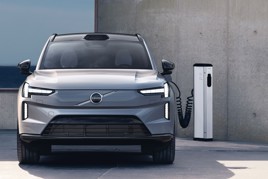 UK deliveries of the EX30 are about to begin, followed by the EX90, which had been put on pause while some software issues were ironed out - Rowan said this model has possibly the most complex software of any car, certainly of any Volvo, and it was important to ensure it is right before it goes out to customers, even though Volvo could use over-the-air updates.
UK deliveries of the EX30 are about to begin, followed by the EX90, which had been put on pause while some software issues were ironed out - Rowan said this model has possibly the most complex software of any car, certainly of any Volvo, and it was important to ensure it is right before it goes out to customers, even though Volvo could use over-the-air updates.
Asked about Volvo's progress to online, direct-to-consumer new car sales, chief commercial officer and deputy CEO Björn Annwall said the key objective for the carmaker is that the customer experience is delivered in a more efficient way, reducing the cost for Volvo and its retail partners. It means marrying the physical and digital systems seamlessly, and Volvo is learning from its pilot market, the UK, that the consumer experience can be good "as long as it is a quite normalised journey".
Annwall added: "What we still need to work on is to take away some of the back end work. We need to get some systems optimised to get the full efficiency benefits. And then there are also consumers behaving in many different ways, so when you get outlier cases, those cases we're not good enough at handling yet.
"We're working to resolve that in a good way, and as we have these learnings we continue to implement this in other markets."
Rowan said a positive sign from the UK transition is the profitability of VCUK last year.
Sweden and Norway will be the next to switch to agency contracts and D2C sales, but Annwall said another learning is that everything will not switch over on day one, but it will be done over a period with its retailers. Volvo is already reshaping its retailer networks in Europe to ensure they are efficient and well positioned for the future.
"This is not a revolution, this is an evolution we do together with our retail partners," said Annwall.
A focus on Volvo, not Polestar
Volvo Car is ceasing its funding for Polestar, the electric car brand which originated within the Swedish brand, to ensure Volvo's focus is on developing and concentrating its resources on its own ambitious journey.
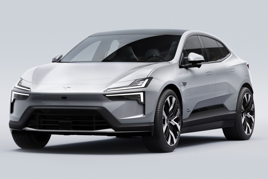 Rowan said Polestar is expanding to a four-car brand and it is a natural expectation that it becomes an independent company with its own funding. Volvo is not a natural fit as a holding company, he said.
Rowan said Polestar is expanding to a four-car brand and it is a natural expectation that it becomes an independent company with its own funding. Volvo is not a natural fit as a holding company, he said.
While Polestar's first two cars were built on Volvo platforms, it is now also accessing platforms from its parent, China's Geely, and Geely will continue to provide full operational and financial support to Polestar going forward, including potentially becoming a significant shareholder should Volvo look to downsize its own stake.
However a partnership between Volvo and Polestar will continue, he said, doing joint R&D and some commercial and aftersales operations together.
Volvo Car Full Year 2023
2023 revenue was SEK 399.3 bn (SEK 330.1 bn in 2022)
2023 operating income (excl. JVs and associates) was SEK 25.6 bn (SEK 17.9 bn in 2022)
2023 operating income was SEK 19.9 bn (SEK 22.3 bn in 2022)
2023 EBIT margin (excl. JVs and associates) was 6.4 per cent (5.4 per cent in 2022)
2023 EBIT margin was 5.0 per cent (6.8 per cent in 2022)
2023 basic earnings per share was SEK 4.38 (SEK 5.23 in 2022)
2023 fully electric car sales share at 16 per cent (11 per cent in 2022)
Login to continue reading
Or register with AM-online to keep up to date with the latest UK automotive retail industry news and insight.

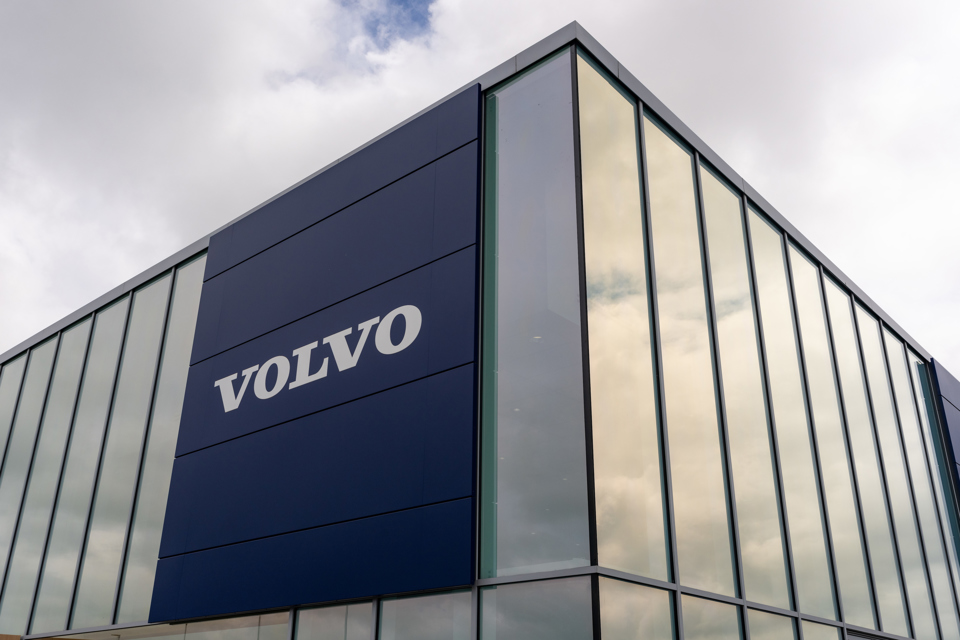




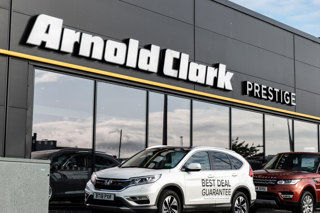
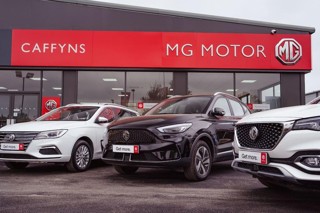
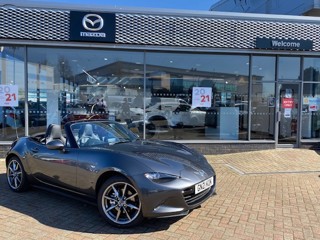














Login to comment
Comments
No comments have been made yet.